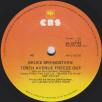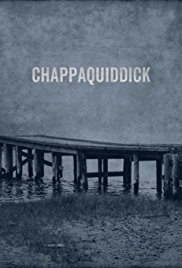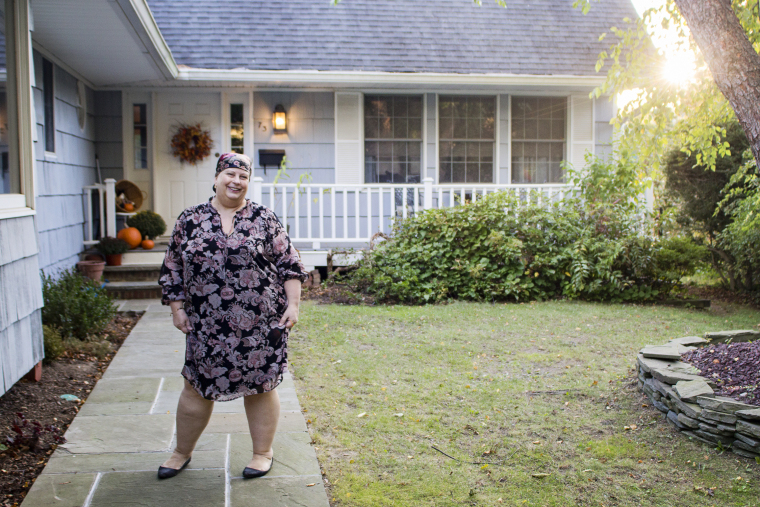

★★
Lucrezia Borgia: Book I
I’ve always felt I should read Jean Plaidy’s books. She’s ubiquitous in the historical fiction sections of bookshops and libraries, and she writes about periods that I find interesting. It was only a matter of time. Last winter, I went slightly wild at the Book Barn and came away with a pile of her novels, which I’m only now starting to tackle. I chose to begin with the first of her two novels about Lucrezia Borgia, which may have been a mistake, as it hasn’t done much to win me over. Over-seasoned, two-dimensional and extremely dated, it feels like stepping back in time for all the wrong reasons.
We begin on a dark winter’s night, high in the mountains, where Cardinal Rodrigo Borgia has brought his mistress to his castle so that she can give birth in privacy. They both secretly hope for another son to add to their brood of fine boys, but the child is a girl. Far from being disappointed, however, the Cardinal is thrilled at the prospect of being able to spoil a pretty little daughter; for pretty she surely will be. And he is right: as she grows up, charming all around her, little Lucrezia never doubts that she is one of the most blessed of creatures, adored by her squabbling brothers Giovanni and Cesare, and beloved by her powerful ‘Uncle Rodrigo’. Even as she grows towards womanhood, she is the calm at the heart of the storm of Vatican politics: sweet, pure and yielding. Yet the time comes when even the most cherished little girl has to grow up and, as Lucrezia learns the truth about her parentage, her wonder becomes tinged with fear. For her father is now the Pope and her brothers two of the most ambitious men in Rome; their lives will now be played out on the international stage, on which the Pope himself plays puppeteer, bringing kings, suitors and hostages to their doorstep. And, if he is the one directing the game, Lucrezia herself is only another of his pawns.
It’s very, very hard not to make the Borgias fun to read about, but Plaidy seems faintly embarrassed by them. She even includes an author’s note at the beginning, urging her readers not to be too shocked at the (implicitly) scandalous manners of the 15th century. It struck me as unnecessarily prim. If you’re worried about your readers being shocked, it’s probably better to stick with the fluttering flirtations of the English and French courts, rather than writing about a family whose most famous banquet involved prostitutes crawling around on their hands and knees grubbing for chestnuts (needless to say, that scene did not feature). Her Lucrezia is consequently an angelic innocent: artless, loving, generous-hearted and compassionate to extremes. I’m not sure at which date Lucrezia’s historical fortune changed, and authors switched her characterisation from wicked virago to (almost) virginal victim. The latter is now most common and so Plaidy’s characterisation feels a little limp; but I may be doing her an injustice, if in fact she was one of the first to take this new approach to Lucrezia. Nevertheless, I don’t believe that Plaidy’s naive little girl would have lasted a day in Renaissance Rome.
If Plaidy’s Lucrezia is colourless, her Cesare is a caricature of a villain, ‘shrieking’ when thwarted and beating his fists on his breast as he makes extravagant vows of vengeance. Interestingly, Plaidy makes him the eldest of the Borgia children, although nowadays the tendency is to make Giovanni the firstborn (it’s still disputed, but it makes more sense to me that Giovanni was older: it was usually the second son who went into the Church, though of course that might not have been seen as the consolation prize if your father was the Pope). Now, I’m interested in Cesare Borgia and I’ve read and seen some very good depictions of him: Sarah Dunant, of course, springs to mind, as does the Borgias series. He’s one of the great antiheroes of history and his appeal lies in his extraordinary, much-documented ability to charm, dissemble and follow a smile with a stiletto. But Plaidy’s Cesare is too overt, too obviously clinging to the edge of sanity by his fingernails. He lurks around his pretty sister and itches to murder anyone who so much as touches her; he rages and threatens. It didn’t convince me. I think the real Cesare must have been a lot quieter, a lot more unreadable and, consequently, much more dangerous.
Rodrigo Borgia, afterwards Alexander VI, is equally problematic. He annoyed me less than Cesare, because Plaidy’s reading was, I believe, correct in its essentials: a shrewd, conniving man who is also surprisingly sentimental; who is committed to furthering his family; and who has a brilliant ability to stay afloat in the shark-pond of late 15th-century Italy. But the transitions between these aspects of his character didn’t always make sense in Plaidy’s hands. He becomes mawkish rather than sentimental; changeable rather than devious. I felt as though he was an amalgamation of several different characters rather than one who plausibly encompassed these various facets. I was interested to see that Plaidy was so coy about incest, but had no qualms about describing Alexander’s love affair with the fourteen-year-old Giulia Farnese (when he was in his fifties). Perhaps that reflects the different mores of the 1950s; so, perhaps, does the fact that the female characters rather enjoy being mastered by violent men and, in Giulia’s case, even feel a flutter of anticipation at the prospect of being ravished by a captor. I think authors writing nowadays might have more difficulty with that, or might at least feel compelled to give the women a bit more depth of personality on their own account.
I’ve been critical, it’s true, but the worldview of this novel does jar against what we expect from modern historical fiction, and it felt like a period piece in more ways than one. There is, needless to say, extensive info-dumping throughout: I was especially impressed that Lucrezia’s mother, Vannozza Catanei, managed to think her way through lots of helpful historical context right in the middle of her labour pains. You might point out that Madonna of the Seven Hills was first published in 1958 and so comes from a different age. While that’s true, I’d note that Mary Renault’s The King Must Die was also published in that year, and feels neither dated nor simpering; Norah Lofts’s Esther was published even earlier, in 1950 and, for all its romance, has a fresh and sparky humour which makes it far more engaging than Plaidy’s moustache-and-cape-twirling. I wonder if she just felt out of her depth with such a morally complicated family. I appreciate, too, that I’m coming at this from a very modern perspective, from an age in which Cesare is usually seen as an antihero, not a villain.
Anyway, as I said, I have the second book, Light on Lucrezia, all lined up and ready to go. It will be interesting to see whether our lovable heroine develops any more backbone and whether, in the aftermath of Giovanni Borgia’s oh-so-unfortunate death, Cesare finally finds contentment in the military role he so craves. I’ll let you know how I get on.
Buy the book
Share this:





